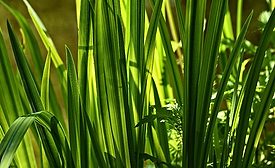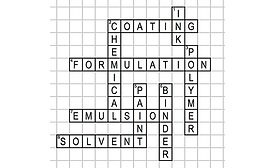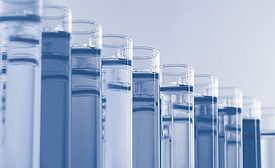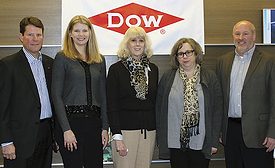Home » Alkyd Resins
Articles Tagged with ''Alkyd Resins''
Opportunities for the Alkyd Resin Market
to Create a Sustainable Future for the European Coatings Industry
Read More
Keep the info flowing with our eNewsletters!
Get the latest industry updates tailored your way.
JOIN TODAY!Copyright ©2024. All Rights Reserved BNP Media.
Design, CMS, Hosting & Web Development :: ePublishing











